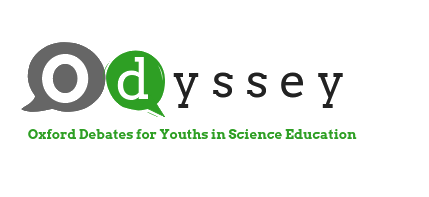Topic: Energy Management
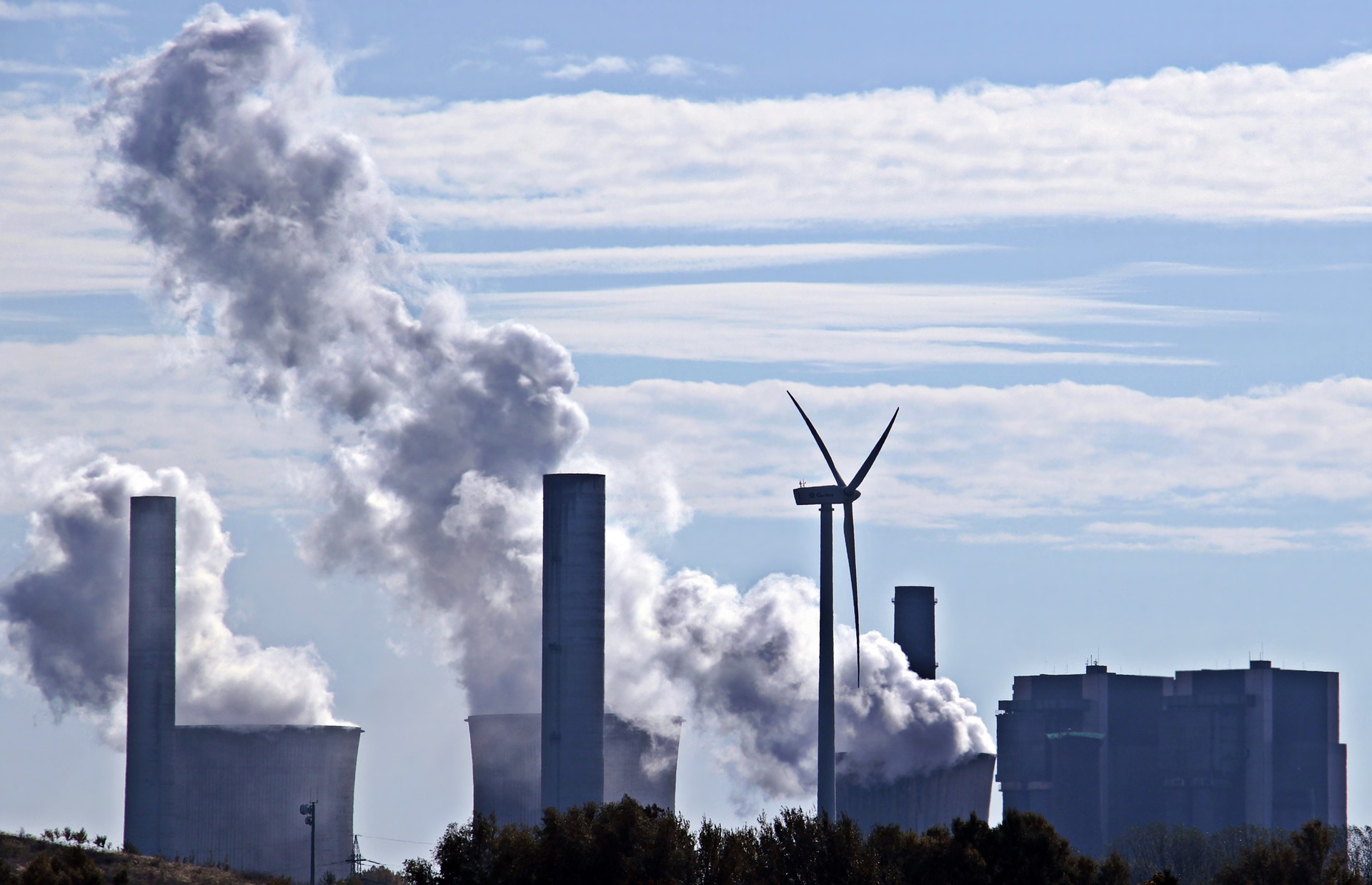
Resolutions:
- Driving a car running on electricity generated from fossil fuels is eco-friendlier than driving a car running on petrol.
- In order to reduce the harms of climate change, people should allow wind turbines to be set up in their back yards.
- Solar panels are better to use in power production than wind turbines.
- Because the production of wind & solar energy is unpredictable, people must get used to the idea that electricity might not always be available in the near future.
Description: As global demand for energy continues to rise rapidly and environmental concerns deepen, questions about sustainable energy production take center stage. The future of energy management presents many wicked problems, combining technological issues with social problems. Often the answers are more focused on risk mitigation rather than a uniquely “rights” and “wrongs”.
Thematic package on energy management gives briefly but thoroughly enough an overview of different means of energy production: from oil shale, wind, solar, biomass, hydropower, and nuclear power. Apart from that small-scale production of energy, how to store renewable energy, what is the price of green energy, about electric cars, about the correlation between energy consumption and climate change or even energy hungry data volumes are described in this package. What is more from story cards you can read a citizen science story of two students who studied whether windmills have an impact on earthworms or how tsunami can destroy a nuclear plant. Altogether there are 14 information cards, 4 story cards and eight question cards. Who is keen to know how solar panels work, a-ten-minute video lecture gives a good overview.
Download the toolkit
Topic: Climate Change
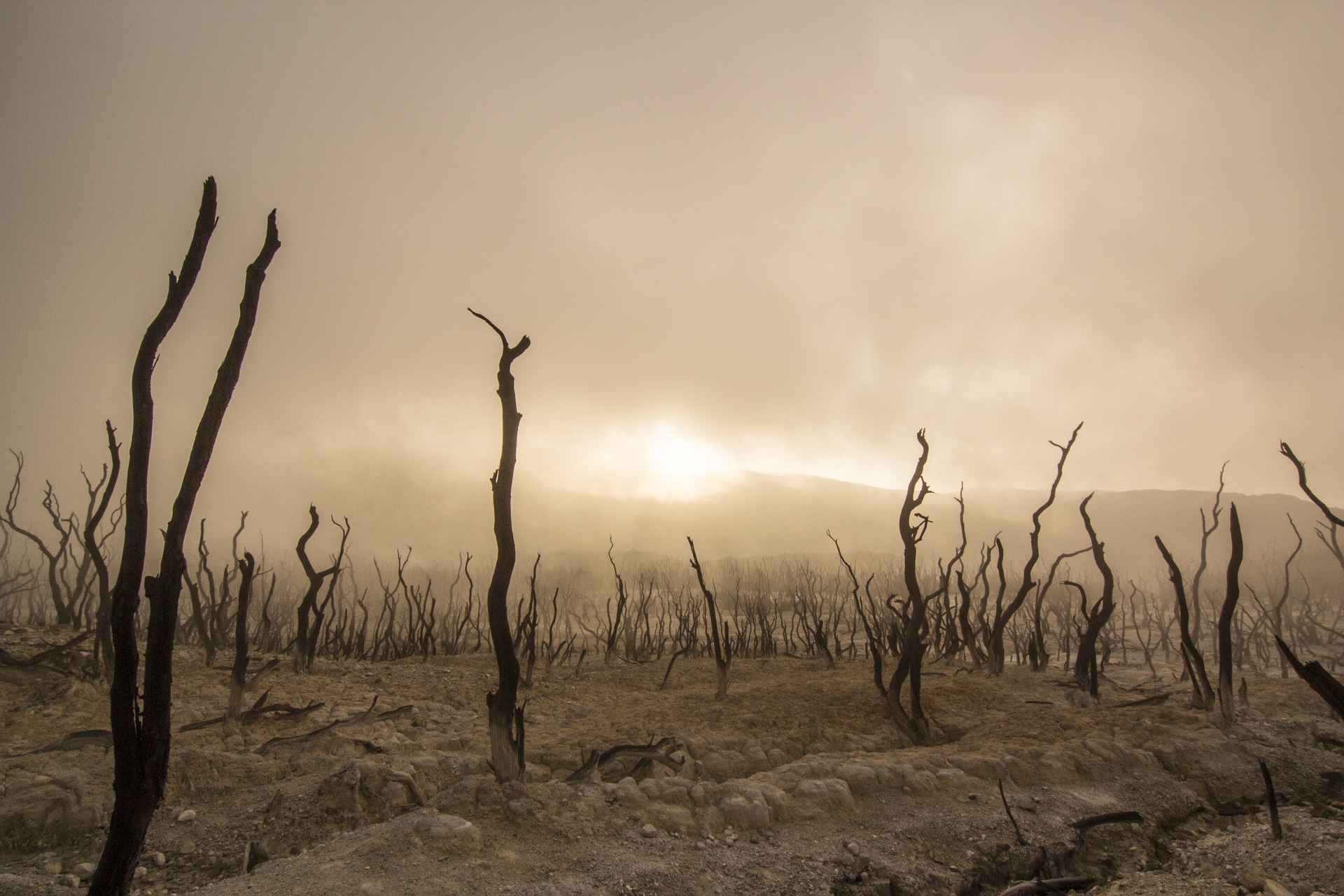
Resolutions:
Global ocean levels will rise about 2 metres by the end of the 21st century, and that’s why we cannot develop costal areas anymore.
- To combat the climate crisis, every person has to skip at least one air flight a year.
- Organic tomatoes from Spain are eco-friendlier than local greenhouse tomatoes.
- All species have to adapt to the effects of climate change, except for humans.
- Students must learn about climate change at school, not spend their Fridays protesti
Description: Although the energy-related educational packages address the topic of climate crisis, a separate package presents the opportunity to broaden the students’ viewpoint. The climate crisis is entwined with energy production and consumption issues, but is also a wider concern affecting other aspects of scientific research and our daily lives. This educational package explores the local and global effects of climate change, the problem of individual (consumer) choices versus the accountability of industries etc. This package combines scientific issues with ethical ones in a more straightforward manner.
Thematic package on climate change in 16 information cards gives a good overview of what is climate change, what is causing it, how this impact our future, who are the climate refugees and victims, should we humans change something in our everyday life to help the environment around us. Apart from information cards, there are 6 story cards that describe how Qatar uses energy to cool down the outside air, what are the consequences of extraordinary weather conditions, how is the life in lower income countries, why we see young climate activists, how polar bears will survive and what adaptions are needed in plant production. There are 8 question cards that help students to get more familiar with climate change issue. 10-minute video lecture gives a good insight to climate change as well.
Download the toolkit
Topic: Biodiversity

Resolutions:
- Extensive lawnmowing should be banned in urban settlements.
- It is better to keep bees in cities rather than on farmlands.
- The beach rose (Rosa rugosa) should be eradicated from nature.
Description: Cities are usually considered purely artificial enivironments rather than areas rich in diverse species. But in reality, cities can be more biodiverse than the surrounding areas, usually extensive farm lands and production grounds. Scientific literature shows that the wellbeing of urban dwellers is liked to the urban settlement’s biodiversity. This educational package explores the concept of biodiversity and puts it in a relevant (close-to-home) context. Students will explore the importance of bees, the effect of invasive species, and other practical issues concerning biodiversity.
Thematic package on biodiversity in 11 information cards give a good overview of extinction, what threats biodiversity, who are alien species, why insects extinct, how important is urban nature, why we should not lawn the grass too often, the collapse of bees, how we can keep on track our biodiversity digitally. There are also 5 story cards about the English lawn, bosco verticale, rosa rugosa, the mink and citizen science how people are looking for cowslips. There are 16 question cards that help students to get familiar with biodiversity issue. 10-minute video lecture talks about the importance of biodiversity.
Download the toolkit
Topic: Circular Economy
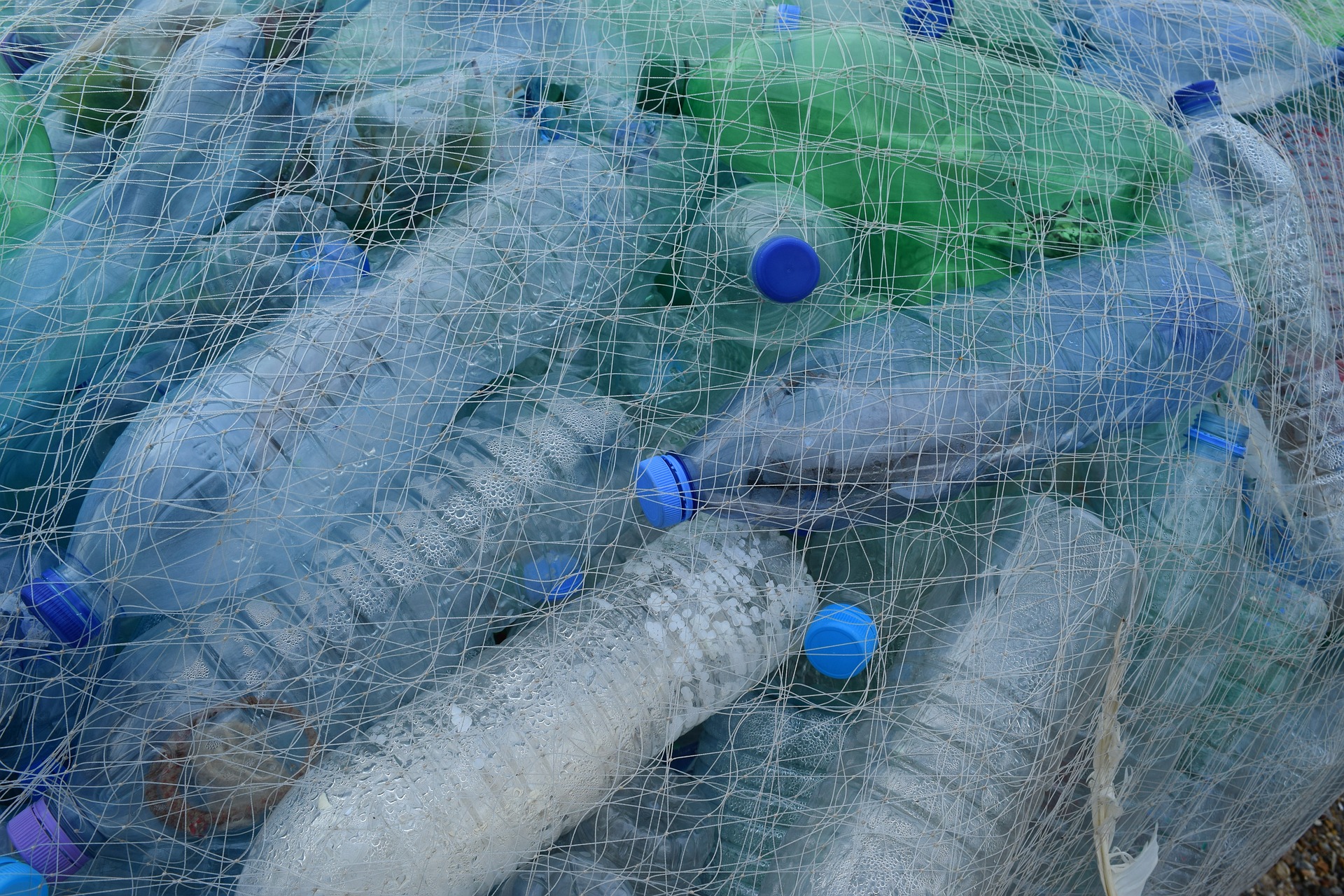
Resolution: Plastic packaging is vital for storing foodstuff hygienically.
Description: This educational package introduces the concept of circular economy – the idea that today’s economy is based on take-make-waste, whereas circular economy strives to leave out waste as much as possible, and to concentrate on reuse, recycling, etc. This educational package encourages students to consider production & consumption, the carbon cycle in ecosystems, and sustainability issues on the whole.
Thematic package on circular economy starts with a good description what does this concept mean and is this something new. There are 17 information cards that give an overview of waste management, which materials can be recycled, textile industry and its environmental impact, more thoroughly about plastic and plastic waste, food waste and food packaging and composting, also a social dimension of the fact that cheap clothing provide jobs somewhere else. Apart from information cards there are 6 interesting story cards about how one Estonian started a brand from textile scraps, how big brands destroy unsold products, why eco-friendly bamboo cups are not “friendly” and how the plastic bag was invented. There are 16 question cards that help students to get more familiar with circular economy.
Download the toolkit
Topic: OILSHALE
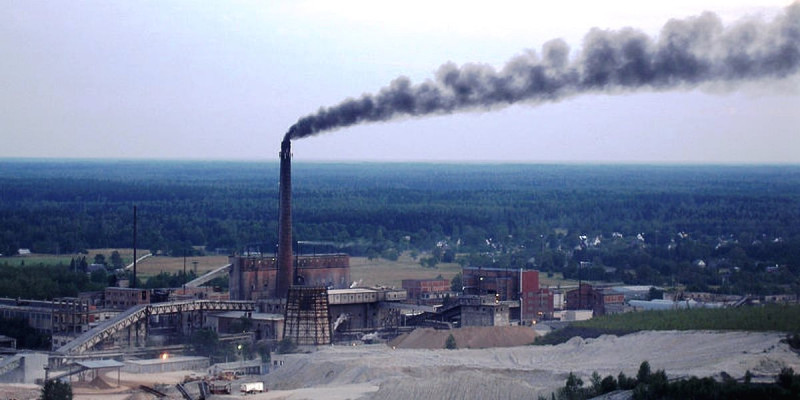 Resolution: The use of oil shale is harmful for Estonia.
Resolution: The use of oil shale is harmful for Estonia.
Description: Thematic package on oil shale in Estonia on 12 information cards gives an overview of what is oil shale, how it changes and affects the nature in Estonia, what are other possible resources to produce energy from, why Estonians have one of the biggest ecological footprint in the world, is there any other means to use oil shale, what are the social and economical consequences to give up on oilshale, etc. Apart from that there are 4 story cards that describe the Enefit technology which is developed in Estonia, where is the largest oil shale quarry, how oil shale industry has developed new landscapes and why the oil shale ash mountain is still smoldering. 10 questions cards help to understand and discuss the oil shale issue in Estonia. This thematic package is only in Estonian.
